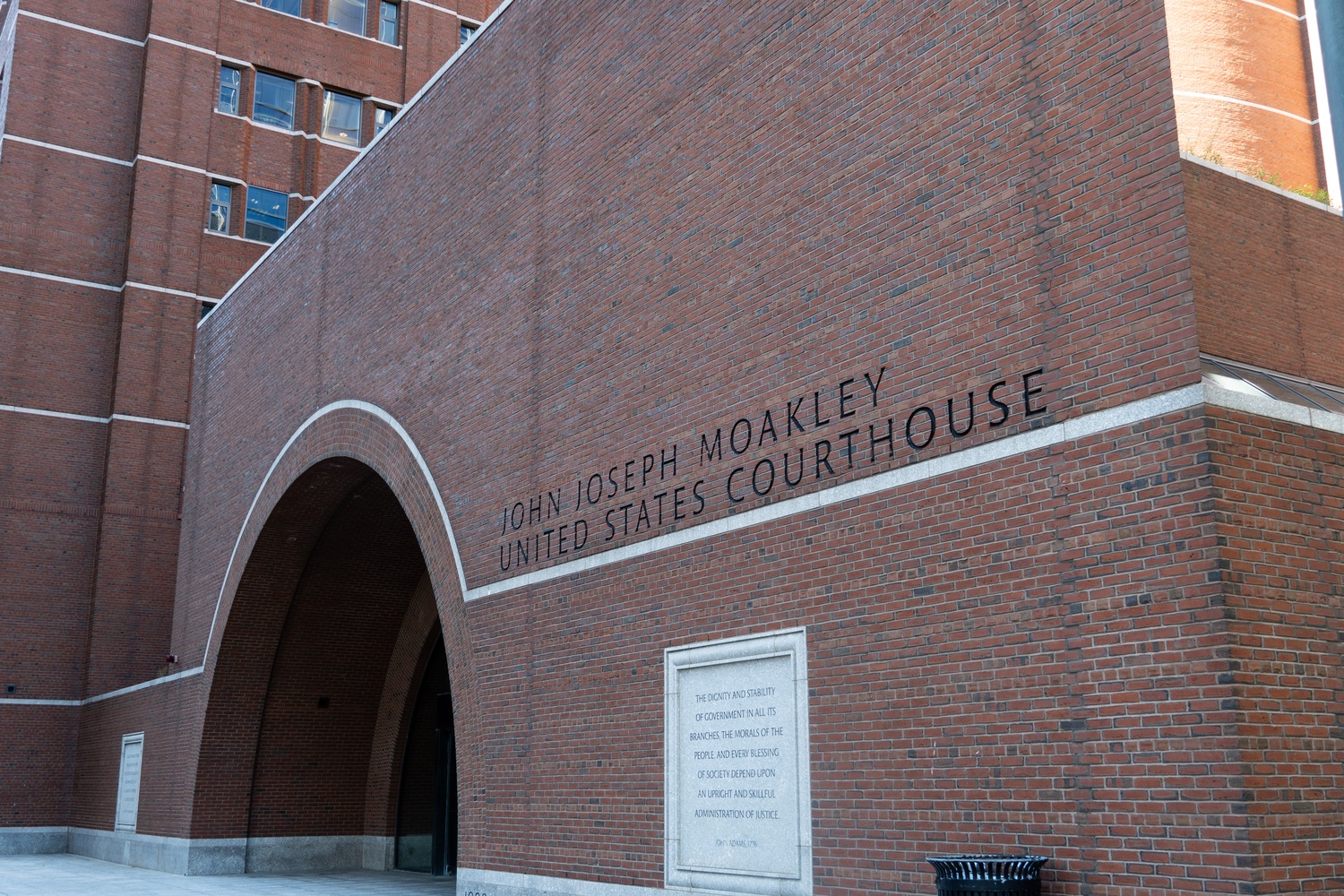
News
Summers Will Not Finish Semester of Teaching as Harvard Investigates Epstein Ties

News
Harvard College Students Report Favoring Divestment from Israel in HUA Survey

News
‘He Should Resign’: Harvard Undergrads Take Hard Line Against Summers Over Epstein Scandal

News
Harvard To Launch New Investigation Into Epstein’s Ties to Summers, Other University Affiliates

News
Harvard Students To Vote on Divestment From Israel in Inaugural HUA Election Survey
HBS Grad Expands Suit to Include Harvard Vice President, Former HUPD Chief

Harvard Business School graduate Yoav Segev amended his Title VI lawsuit against the University to include Harvard Executive Vice President Meredith L. Weenick ’90 and former Harvard police chief Victor A. Clay as defendants.
Segev originally sued the University in July over its response to an alleged assault he faced at an October 2023 pro-Palestine protest. He alleged that Harvard failed to meaningfully discipline two graduate students who he said assaulted him at the protest, and specifically accused Clay and Weenick of delaying the Harvard University Police Department’s response.
Those two students later faced criminal charges of assault and battery — though the case did not go to court — and a judge ruled that they could instead attend anger management training, a course on negotiation, and perform community service. But Segev argued in the complaint that Harvard should have also pursued disciplinary action.
Segev’s lawyers used the amended complaint, filed in Massachusetts District Court last month, to detail their client’s specific grievances against Clay – who resigned from HUPD in May – and Weenick, who oversees campus safety initiatives.
While the initial complaint addressed HUPD’s response to the October incident, the amended document — which adds six pages — names Weenick and Clay, and blames them for the department-level response.
Segev alleges that HUPD did not intervene in the incident, which took place at a pro-Palestine “die-in” protest at the Harvard Business School. A video of the incident, which shows Segev being ushered out of the protest after attempting to film protestors, was shared online, drawing widespread criticism of the University.
Segev accuses Weenick of having “instructed Defendants HUPD and Clay to halt their investigation into Mr. Segev’s assault and to not cooperate with local authorities as local authorities attempted to prosecute Mr. Segev’s attackers.”
But the amended complaint includes no evidence of that instruction, and instead rests its argument on Weenick’s HUPD oversight role and what they saw as a delayed response to the spring 20-day encampment and other pro-Palestine protests
“It took over nine months from President Gay’s initial email regarding Ms. Weenick’s role for Ms. Weenick to announce that HUPD would enforce Harvard’s ‘Campus Use Rules,’ during which time Jewish and Israeli students were left unprotected,” they wrote.
Spokespeople for HUPD and the University declined to comment on the allegations in the amended complaint.
Segev’s lawyers referenced communications from Harvard — including the current job posting for chief of police and Clay’s resignation — in the complaint as evidence. According to the listing, the HUPD chief of police reports to the executive vice president.
The amended complaint also added accusations that Harvard engaged in a conspiracy against Segev, including by obstructing the criminal investigation into the two students he accused of assault.
Segev’s suit against the University follows a May settlement of another Title VI lawsuit, brought against Harvard by Divinity School graduate Alexander “Shabbos” Kestenbaum. Segev had tried to join Kestenbaum’s suit as an anonymous plaintiff, but that request was denied by a judge.
A district judge is currently reviewing the complaints and has not issued a preliminary ruling.
—Staff writer Sebastian B. Connolly can be reached at sebastian.connolly@thecrimson.com. Follow him on X @SebastianC4784.
—Staff writer Julia A. Karabolli can be reached at julia.karabolli@thecrimson.com.
Want to keep up with breaking news? Subscribe to our email newsletter.
